Naatu Kambu
₹59.00 – ₹221.00
Naatu Kambu, also known as Millet in some regions, specifically refers to Bajra (Pearl Millet) or Local Kambu, which is the traditional, indigenous variety of millet grown in rural areas of India. Unlike the hybrid varieties of millets, Naatu Kambu is grown without the use of synthetic fertilizers and pesticides, making it a healthier and more sustainable option.
Naatu Kambu, also known as Millet in some regions, specifically refers to Bajra (Pearl Millet) or Local Kambu, which is the traditional, indigenous variety of millet grown in rural areas of India. Unlike the hybrid varieties of millets, Naatu Kambu is grown without the use of synthetic fertilizers and pesticides, making it a healthier and more sustainable option.
Benefits of Naatu Kambu (Local Pearl Millet)
- Nutrient-Rich:
- Naatu Kambu is packed with essential nutrients, including proteins, fiber, minerals (such as iron, magnesium, and phosphorus), and B-vitamins like niacin and folate.
- Gluten-Free:
- Being naturally gluten-free, Naatu Kambu is an excellent choice for individuals with gluten intolerance or those following a gluten-free diet.
- High in Fiber:
- The high fiber content in Naatu Kambu supports digestive health, promotes regular bowel movements, and helps prevent constipation.
- Promotes Heart Health:
- Naatu Kambu is rich in magnesium and potassium, which help in managing blood pressure and maintaining a healthy heart. The fiber also helps in lowering bad cholesterol levels (LDL).
- Boosts Immunity:
- The high iron content in Naatu Kambu is beneficial for preventing iron-deficiency anemia and improving overall immune function. The antioxidants in the millet also help in fighting infections and improving overall health.
- Diabetic-Friendly:
- Naatu Kambu has a low glycemic index, which means it doesn’t cause rapid spikes in blood sugar. It helps in maintaining steady blood sugar levels, making it an ideal food for people with diabetes.
- Rich in Antioxidants:
- The antioxidants present in Naatu Kambu, such as phenolic acids, help combat oxidative stress and protect the body from free radical damage.
- Good for Bone Health:
- Naatu Kambu contains phosphorus, magnesium, and calcium, which are vital for maintaining strong bones and preventing bone-related disorders.
- Weight Management:
- Naatu Kambu is a low-calorie, fiber-rich food that keeps you full for longer, making it a great option for people looking to manage their weight.
- Helps Detoxify:
- The high fiber in Naatu Kambu helps cleanse the digestive system, removing toxins and improving overall health.
Uses of Naatu Kambu (Local Bajra)
Naatu Kambu can be used in various ways in cooking, similar to other millets. Here are some common uses:
- Naatu Kambu Roti (Bajra Roti):
- Naatu Kambu can be ground into flour and used to make roti or flatbread. This roti is typically served with vegetable curries, chutneys, or yogurt. It’s a popular dish in rural India.
- Naatu Kambu Porridge:
- Naatu Kambu porridge (Bajra Porridge) is a common breakfast dish. The millet is boiled with water or milk and then sweetened with jaggery, honey, or sugar and flavored with spices like cardamom or cinnamon.
- Naatu Kambu Khichdi:
- Naatu Kambu can be combined with lentils (dal) to make a healthy and nutritious khichdi, a comforting one-pot meal often enjoyed with yogurt or pickle.
- Naatu Kambu Upma:
- Like rava upma, you can prepare upma using Naatu Kambu. It is cooked with vegetables, mustard seeds, curry leaves, and spices, making for a savory, healthy breakfast or lunch.
- Naatu Kambu Pongal:
- Naatu Kambu can be used in place of rice to make pongal (a popular South Indian dish made with rice, lentils, and black pepper), making for a gluten-free, nutrient-packed variation.
- Naatu Kambu Salad:
- You can boil Naatu Kambu and toss it with vegetables, nuts, and a light dressing to make a wholesome and refreshing salad.
- Naatu Kambu Soup:
- Boiled Naatu Kambu can be added to soups, providing extra texture and nutrition.
- Naatu Kambu in Snacks:
- Naatu Kambu can be roasted or popped and eaten as a light snack. It can also be mixed with other grains to create a crunchy snack mix.
- Baked Goods:
- Naatu Kambu flour can be used in gluten-free baking recipes like muffins, bread, and pancakes, often in combination with other gluten-free flours.
How to Cook Naatu Kambu (Pearl Millet)
- Boiling Naatu Kambu (Whole Grains):
- Ingredients: 1 cup of Naatu Kambu, 3 cups of water, a pinch of salt.
- Wash the Naatu Kambu thoroughly under cold water.
- In a large pot, bring 3 cups of water to a boil.
- Add the Naatu Kambu to the boiling water, lower the heat, and let it simmer for about 30-40 minutes until the grains are tender and water is absorbed.
- Serve with vegetables, curry, or in soups.
- Making Naatu Kambu Porridge:
- Ingredients: 1 cup Naatu Kambu flour, 2-3 cups of water or milk, sweetener (optional), cardamom or cinnamon.
- Bring water or milk to a boil in a saucepan.
- Gradually add Naatu Kambu flour while stirring to avoid lumps.
- Stir continuously, cooking for about 5-10 minutes until the porridge thickens.
- Add sweetener and spices for flavor, and serve warm.
- Making Naatu Kambu Roti:
- Ingredients: 1 cup Naatu Kambu flour, water, and salt.
- In a bowl, mix the flour and salt. Gradually add water to form a dough.
- Divide the dough into small balls and roll them into flat discs.
- Cook the discs on a hot griddle, flipping until golden brown on both sides.
- Serve with curry, chutney, or yogurt.
Conclusion
Naatu Kambu (Local Pearl Millet) is a highly nutritious, gluten-free, and versatile grain that offers numerous health benefits, including improving digestion, supporting heart health, boosting immunity, and helping with weight management. Its rich nutritional profile and adaptability in cooking make it an excellent addition to your diet. Whether you’re looking to make roti, porridge, khichdi, or even salads, Naatu Kambu is a great option for adding more variety and nutrition to your meals.
| Weight | N/A |
|---|---|
| Size | 1kg, 250g, 500g |
Shipping Charges
- Standard Shipping: Shipping charges will apply as follows.
- Tamil Nadu & Puducherry: 1kg ₹70 (₹40 for every additional 1kg).
- South India (Karnataka, Kerala, Andhra Pradesh, Telangana): up to 5kg ₹150 (₹100 for every additional 1kg).
- North India: up to 1kg ₹150 (₹200 for every additional 1kg).





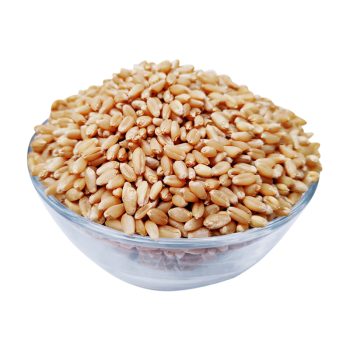
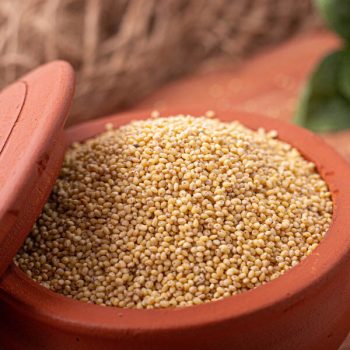
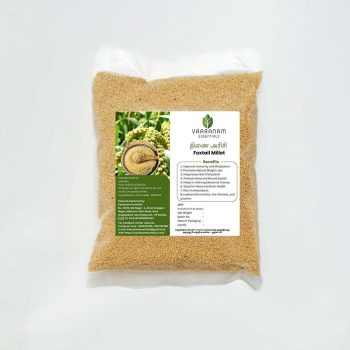
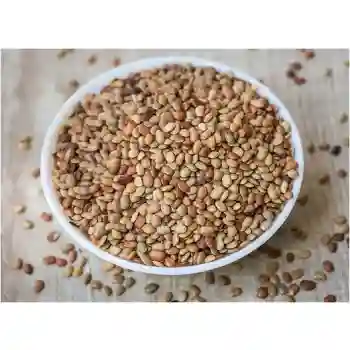
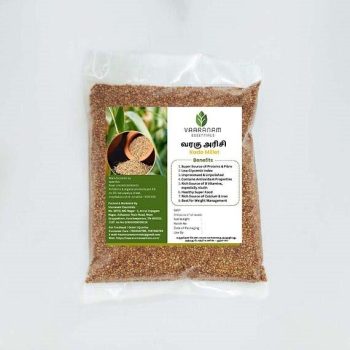
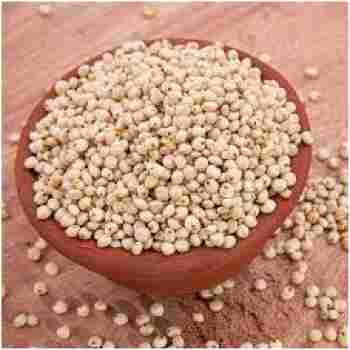
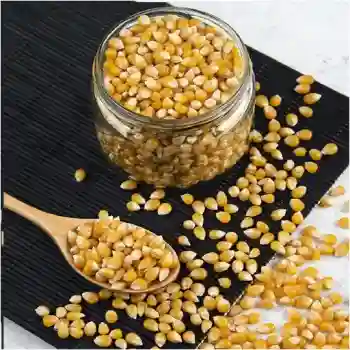
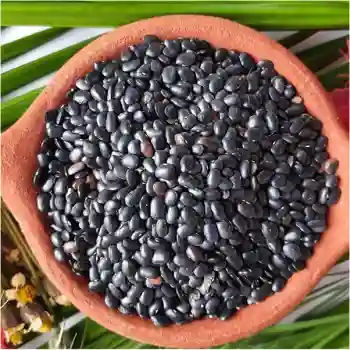
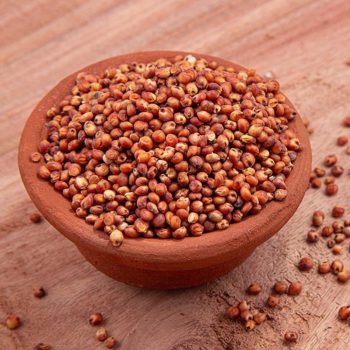
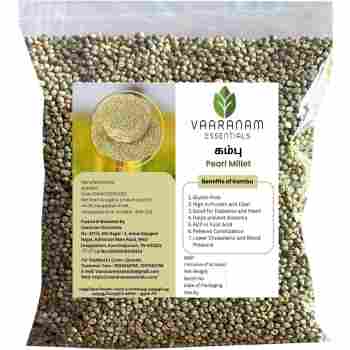
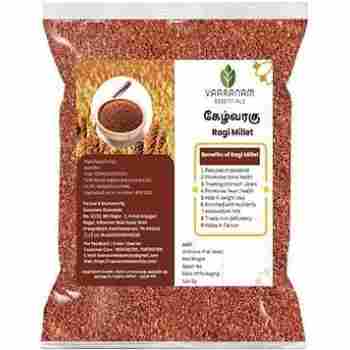

Reviews
There are no reviews yet.